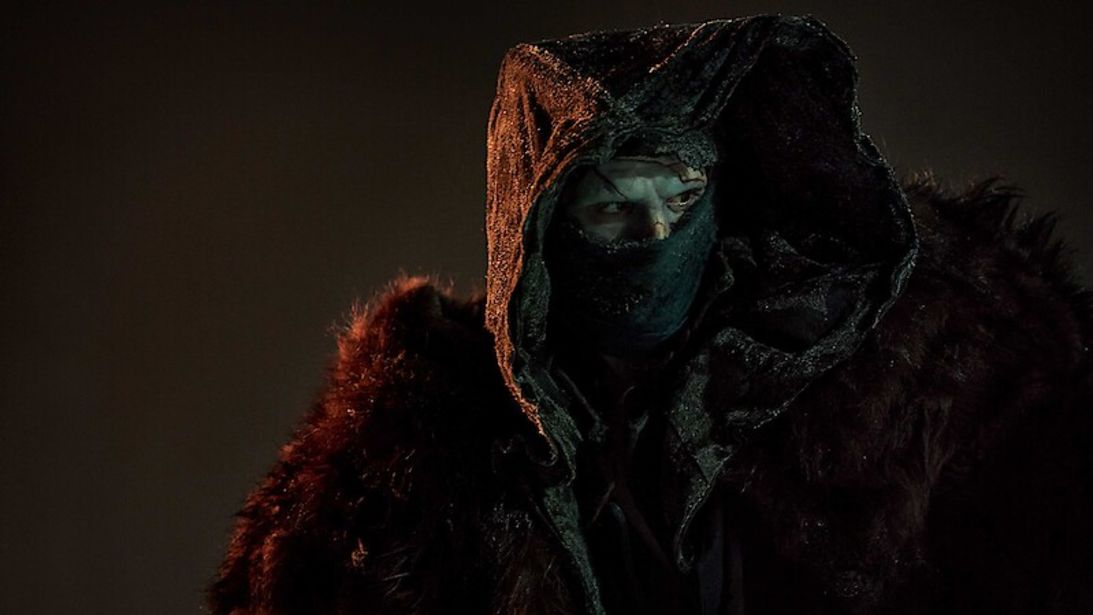Christopher Nolan aimed for the stars in his new film Interstellar, and he surely reached above and far beyond. Many thought that Christopher Nolan’s own brilliance might have set him up for failure in future films, forced as he was to live up to the universal acclaim of his Dark Knight trilogy, but this movie succeeds on an entirely different level. Interstellar, featuring such acclaimed actors as Matthew McConaughey, Anne Hathaway, and Matt Damon, is a grand tale that perfectly blends human emotion and scientific intrigue into one uniquely moving package.
McConaughey stars as Cooper, a former NASA pilot and current devoted father who lives with a daughter and son in a dystopian future where mankind is struggling just to survive after getting hit by a deadly blight that has destroyed every agricultural crop except for corn. This dystopian scenario is not exactly new, but it does not need to be: indeed, by portraying a world of people teetering on the brink, trying to maintain a semblance of normalcy while the world crumbles around them, rather than the more typical scenario of a world suddenly falling apart amidst chaos, Interstellar breaks new ground without distracting from the story’s true emotional core. Cooper is pulled away from his family and thrust into action when he discovers that soon even the corn will die, leading to human starvation and eventual extinction, and that NASA needs trained astronauts to send on a mission to find mankind a new home. Leaving behind his devoted daughter Murph (Mackenzie Foy/Jessica Chastain/Ellen Burstyn), aptly named for Murphy’s Law, which states that anything that can go wrong will go wrong, Cooper journeys into the stars. Due to the relativistic effects of space travel, the family Cooper leaves behind ages far more quickly than he does, as evidenced by the trio of actresses it takes to portray his beloved daughter, but the love he feels for them keeps him going throughout the desperate search for a new world. The innovative use of time dilation to further the distance of a family already torn apart through sheer distance makes Interstellar a movie that offers a brand-new take on the familiar story of the struggle to balance the quiet necessity of family with the longing for grand ambition.
This film is undoubtedly superb on a scientific level alone; indeed, the software the graphics team used to render the black hole inadvertently made a genuine scientific discovery about the actual way black holes may appear in real life. However, the movie’s greatest triumph is in its emotional, even spiritual, elements. Brand (Anne Hathaway), one of Cooper’s fellow astronauts, notes that, “Love is the one thing we’re capable of perceiving that transcends time and space.” While the sentiment might seem cheesy, it is tempered not just by Cooper’s skepticism, but by the revelation that human emotions are indeed as powerful a force as any other in the universe.
Interstellar blends time-honored storytelling traditions with new takes on genuine scientific wonders such as time dilation and wormholes to create a thought-provoking journey around the universe. Go see it, or else risk losing the galactic journey of a lifetime.












